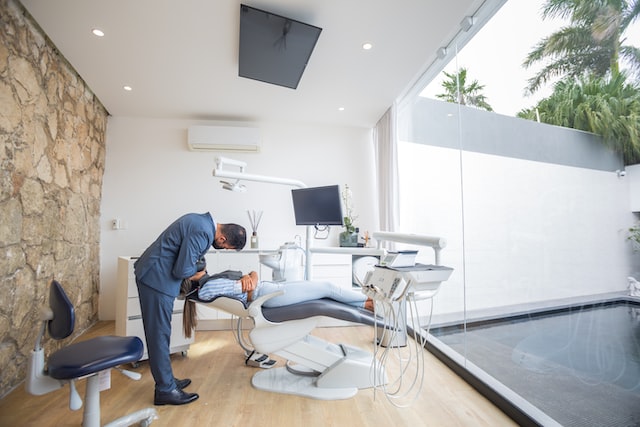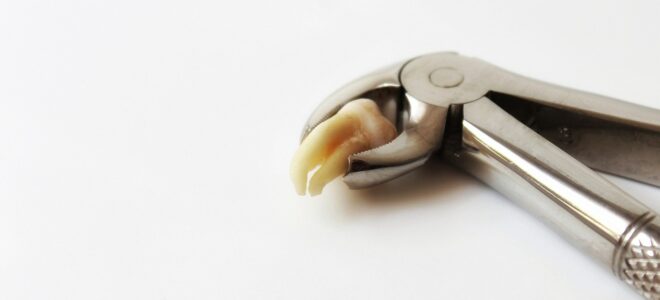Do you feel the pain of your growing wisdom teeth? Millennials, who are now around 18 to 25 years old, are among the age group that experiences wisdom teeth pain most often. If you’re feeling discomfort, it may be an indication that a wisdom tooth removal is necessary. Although according to a professional Dentist Weybridge, it is possible to keep your wisdom teeth and maintain them with proper oral hygiene, many people choose to have their wisdom teeth removed because it can cause infection, discomfort, overcrowding of other teeth, and even damage adjacent bone structures. Before deciding on whether or not to get a wisdom tooth removal, there are certain things you should take into consideration.
A Wisdom Tooth Removal Can Actually Prevent Bigger Issues
 Did you know that wisdom tooth extraction can prevent bigger issues? Wisdom teeth tend to be difficult to keep clean due to their location in the back of the mouth. This makes them prone to developing cavities or even becoming impacted, which can lead to greater oral health problems.
Did you know that wisdom tooth extraction can prevent bigger issues? Wisdom teeth tend to be difficult to keep clean due to their location in the back of the mouth. This makes them prone to developing cavities or even becoming impacted, which can lead to greater oral health problems.
Extraction of a wisdom tooth can also help with overcrowding, as they don’t usually have enough room to grow in properly. Not only can wisdom teeth removal alleviate pain and the risk of infection, but it can also prevent other problems from occurring in your mouth.
The Process Involved in a Wisdom Tooth Removal
The process of wisdom tooth removal typically begins with a consultation with your dentist, who will review your medical records, take x-rays and examine your mouth. Depending on the situation, they may recommend sedation or general anesthesia to make the procedure more comfortable. During the extraction, your dentist or surgeon will make a small incision in the gum tissue to access the wisdom tooth, then use special instruments to remove it. After they’re extracted, your dentist may place gauze or stitches on the site to promote healing.
You May Be Required to Take Time Off
Getting a wisdom tooth removal requires some downtime and recovery time, depending on the severity of the procedure. It is highly advised to plan and make sure you are able to take the necessary time off from work or school to ensure a full recovery. Your dentist will be able to let you know the exact amount of downtime you need and any additional instructions for aftercare. In fact, it is essential to follow all of your dentist’s recommended instructions to ensure a successful recovery.

Your Oral Hygiene Routines Change After a Wisdom Tooth Removal
After you get wisdom teeth removal, certain changes must be made to your oral hygiene routine. For starters, you should avoid eating anything hard or crunchy for at least a week, as this can cause irritation in the extraction site. It would help if you also stayed away from smoking and drinking alcohol for at least 24 hours after the procedure to prevent any complications or infections. In addition, your dentist may recommend using an antibacterial mouthwash to help with healing.
All in all, a wisdom tooth removal can help prevent bigger issues from occurring in the mouth and save you a lot of pain and discomfort. Before getting a wisdom tooth extraction, it is important to consider all your options and speak with a professional dentist. They will be able to provide you with more information on the process and make sure that you are prepared for the procedure. With the right preparation and knowledge, you can ensure that your wisdom teeth removal goes smoothly.

